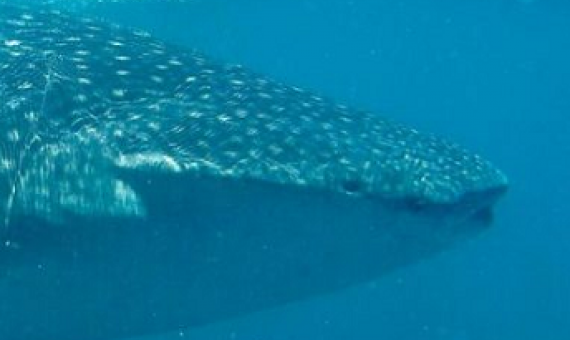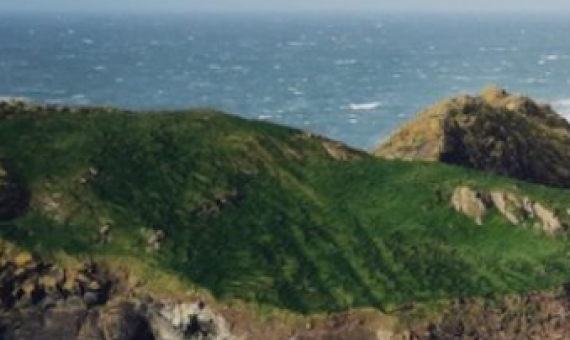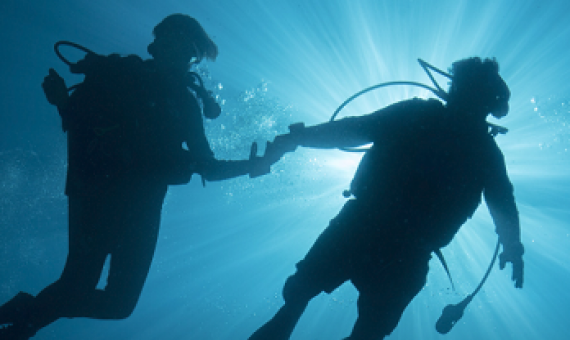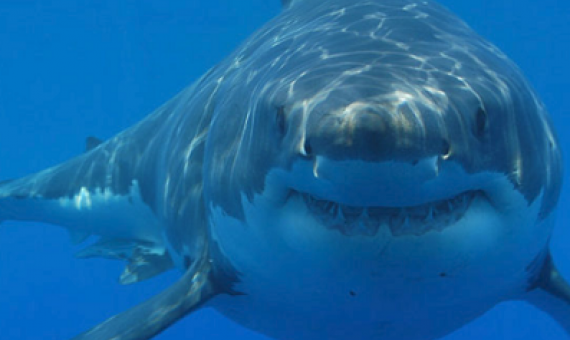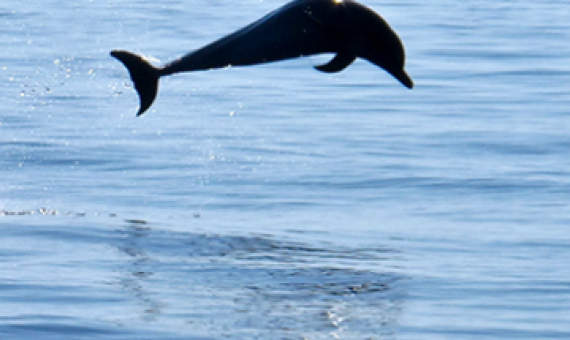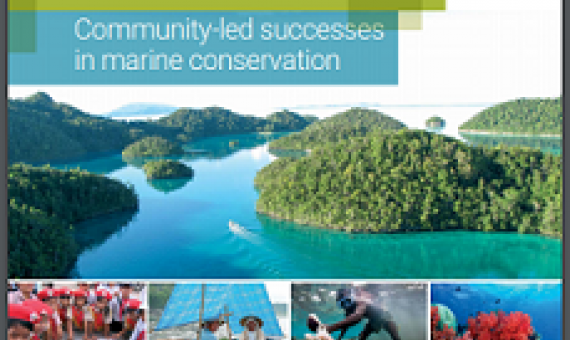A team of international researchers and ecologists tracked the data of endangered species’ movements to provide critical information for designing international cooperative agreements needed to manage these species. Click on the link below to read the full article.
Thanks to a funding grant from the New Zealand National Commission for UNESCO, Ngati Kuri and Tāmaki Paenga Hira Auckland War Memorial Museum will host a marine conservation forum: Taiātea – Gathering of Oceans in March 2019.
A little over a year after David Attenborough warned in Blue Planet II that marine habitats are being destroyed, the UK government's "blue belt" initiative shows progress in protecting endangered waters. Click on the link below to read the full article.
Sharks have low reproductive rates, making them especially susceptible to overfishing.
Mission Blue last month conducted a Hope Spot expedition to Palau, where expedition members met with President Thomas Remengesau Jr. and talked about his efforts to establish a marine protected area in 80 percent of the waters around the South Pacific island nation.
Solutions in Focus: Community-led successes in marine conservation
This booklet is part of a series of compilations assembling PANORAMA solution case studies on a defined topic. “Solutions in Focus” zooms in on a topic of interest covered by PANORAMA, allowing to explore common elements and shared learnings across success stories. It is a snapshot of the PANORAMA portfolio at a given time, rather than a representative assembly of selected “best practices” on the issue at hand.
Information about how marine animals move through the oceans has become vitally important as efforts progress to create a global plan for securing sustainable fish stocks in the high seas. Click on the link below to read the full article.
A case study from West Papua, Indonesia, reports that, since MPA establishment, the average increase in live coral cover is 12 percent across the MPAs. Click on the link below to read the full article.
PANORAMA – Solutions for a Healthy Planet is a global partnership initiative to facilitate learning from success in conservation. It promotes examples of inspiring solutions that showcase how nature conservation can benefit society.
Predicting impact to assess the efficacy of community-based marine reserve design
During the planning phase the efficacy of different strategies to manage marine resources should ultimately be assessed by their potential impact, or ability to make a difference to ecological and social outcomes. While community-based and systematic approaches to establishing marine protected areas have their strengths and weaknesses, comparisons of their effectiveness often fail to explicitly address potential impact.

